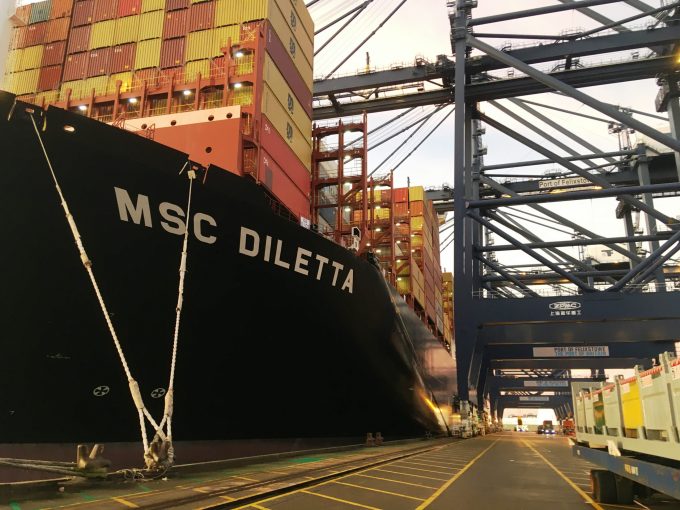MSC switches two more Asia-Europe port calls from congested Antwerp
MSC has decided to switch two more calls out of Antwerp on its Asia-North Europe ...

The extraordinary lengths operators are having to go to clear congested container ports was highlighted this week when Felixstowe revealed it had broken its record for the largest exchange of containers on a single vessel.
A total of 23,773 teu, almost the entire nominal capacity of ...

Comment on this article